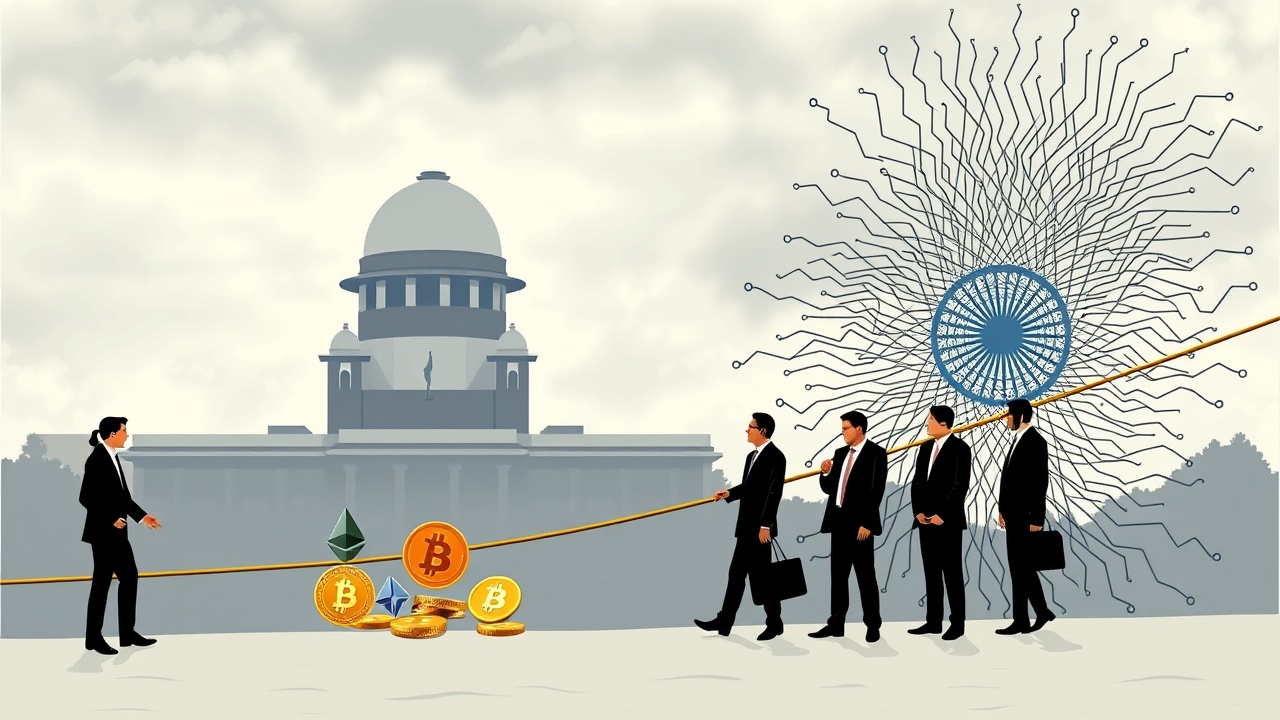Concerns Over Cryptocurrency and Monetary Stability
The Delhi High Court has raised serious alarms regarding the impact of cryptocurrencies on monetary stability, suggesting that these digital assets could potentially undermine recognized currency by merging it into shadowy financial networks. As reported by Press Trust of India on July 14, Justice Girish Kathpalia warned that cryptocurrency transactions represent a threat to legitimate monetary systems, characterizing them as untraceable and capable of eroding governmental financial control.
Legal Implications and Corruption Cases
These concerns were underscored while the court was denying bail to a businessman implicated in a corruption case connected to cryptocurrencies, highlighting the gravity of the allegations. Justice Kathpalia remarked on the alarming implications of cryptocurrency, stating that it might lead to the conversion of official and acknowledged currency into obscure and unmonitored financial channels, posing significant risks to the nation’s economy. The judge made it clear that the severity of charges against the defendant was amplified given his past, as he previously faced involvement in 13 related cases of fraud.
Shifting Perspectives on Digital Assets
The comments from the court reflect a burgeoning legal skepticism regarding the disruptive force of crypto, marking a potential shift in how these digital assets are viewed—moving from being a neutral tool to a financial hazard necessitating stricter oversight. The court’s ruling echoed broader societal fears about the increasing frequency of fraud cases tied to cryptocurrencies, further solidifying the perspective that the landscape of digital finance needs closer examination.
Current Regulatory Landscape in India
Currently, India does not have distinct regulations governing cryptocurrencies. However, there is an explicit indication that the government is cautious about their use. While it remains legal for individuals to trade and own cryptocurrencies, they are not recognized as legal tender in the country. The Supreme Court of India notably criticized the government for its inaction concerning cryptocurrency regulation, drawing parallels to informal money transfer systems like Hawala.
Taxation and International Cooperation
On the legislative front, the government enforces a robust framework that includes a 30% capital gains tax and a 1% Tax Deducted at Source (TDS) for crypto transactions, along with a registration requirement from the Financial Intelligence Unit for crypto exchanges. Additionally, Finance Minister Nirmala Sitharaman has stressed the importance of international cooperation on cryptocurrency regulations, a conversation India has prioritized during its G20 presidency. In a related development, the crypto exchange Bybit has started applying an 18% Goods and Services Tax (GST) on fees related to their services and trade activities in India.




